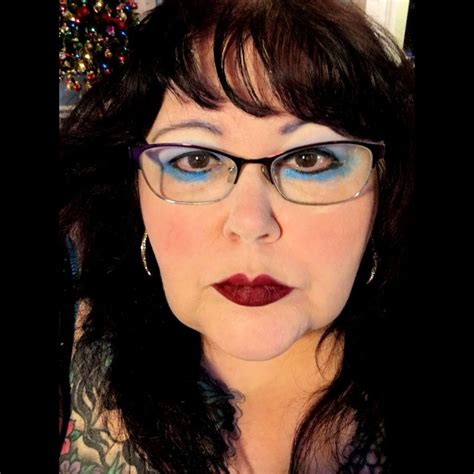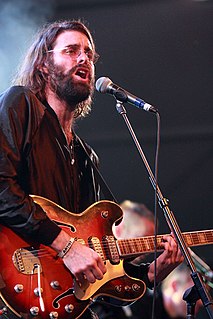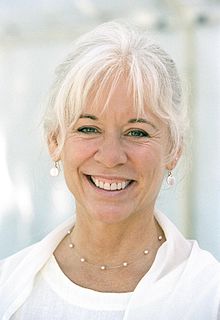A Quote by Tori Amos
If you can surrender your protection devices, in order to track the potentially raw and perhaps elusive emotions that are the song's DNA, then that is creative vulnerability, which is ultimately hugely empowering.
Related Quotes
An audience will let you know if a song communicates. If you see them kind of falling asleep during the song, or if they clap at the end of a song, then they're telling you something about the song. But you can have a good song that doesn't communicate. Perhaps that isn't a song that you can sing to people; perhaps that's a song that you sing to yourself. And some songs are maybe for a small audience, and some songs are for a wide audience. But the audience will let you know pretty quickly.


































